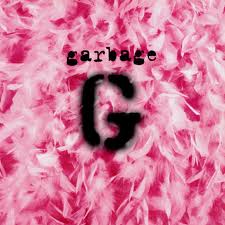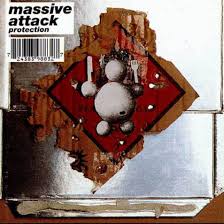This is the first in a series of posts that will tell the stories behind the songs on I Am Not The Night. I plan to write them in the order in which the songs were written; with Divine, it’s easy – I was eighteen! There’s an interval of nine years between it and the rest of its album-cohorts. Of all the songs from that period of my life, and there were lots of them (histrionic, maudlin, moody and meandering, but I think of them sort of fondly), Divine was the only one, pretty much, that I held onto. It was released on Second Person’s debut album Chromatography; even then, in 2004, it felt like a relic, a song-shaped fossil dug out of the sand and arranged, dustless, in a glass container. When I was collecting songs for I Am Not The Night, having returned to the acoustic piano-led music of my late teens, it somehow seemed right to include it again.

I remember writing it, partly, in my school locker room. I went to record it at the house of my songwriting mentor, George Adie (who taught me the most useful device of all time, in my view – a song has to ‘soar’, even just for a moment), and I would have played it live at the Kashmir Klub in around May or June of 2001. Where did it come from, though? The mood of Divine is relentlessly caustic. I sing to an unnamed male musician, accusing him variously of idleness, vanity, self-aggrandisement and soullessness, though I end by confessing that I wish I could be more like him, and that my diatribe is no more than a token of my ‘jealousy’. This musician, a godlike figure, able to ‘summarise the stars in sixteen bars and two guitars’, was no one musician. More, it was a representation of the frustration I felt, at the time, with the guitar-wielding, phallocratic posturing that I kept on witnessing, the idea that girls with pianos just didn’t have the same musical weight. I consider this now, and I wonder whether the whole song was more a manifestation of my desire to be taken seriously than an accurate diagnosis of the boy-girl musical divide. I certainly don’t feel like that any more. But this was the era of Garbage and Alanis, and bitterness was a valid, much-used voice.

There’s a handful of quotes from a handful of places. The first, oddly, is Beaches, the 1988 tissue-fest that robbed everyone of their ability to maintain their composure when that solid white coffin appeared. I feel sad just thinking of it. At the midpoint of the movie, Bette Midler and Barbara Hershey have a furious argument in a department store; it starts with a flicker of subtle putdowns and ends with grand-scale screaming. Bette accuses Barbara of ‘plain old-fashioned jealousy’; in return, Barbara mocks Bette’s ‘insane ambition.’ And that was my reference for ‘your ruthless ambition… your insane desire.’ I used ‘magician’, partly, in homage to Massive Attack’s wonderful album Protection: Tracey Thorn rhymes it exquisitely with ‘electrician’ on ‘Better Things.’ I used ‘torn’ on purpose, because Natalie Imbruglia’s ‘Torn’ was everywhere at the time. I remember, clearly, thinking of Chrissie Hynde when I wrote ‘the line of fans that stands at your front door’, though I can’t think of a Pretenders song that mentions it specifically.
Listening to it now, I hear the try-hard, teenage yearning to be ‘clever’ that generally infused a lot of my writing. The lyrics vary in each of the four choruses; when I played it live, I had to write the words on my hands in order to remember the order. The key changes no less than twice: the song starts in Bb minor, travels to Eb minor for the choruses, and visits Ab minor for the instrumental. But I still play it, and I still enjoy playing it. Beyond its acidulated sniping, Divine explores a desire to be loved, or at least noticed, and a preoccupation with the making of stars. It poses the question: do you wait for stardom, like the unnamed male musician, or do you go out and try to find it for yourself?
I still don’t really know.
Here’s the recording from I Am Not The Night, featuring the sublime Kate Feldschreiber on cello.
